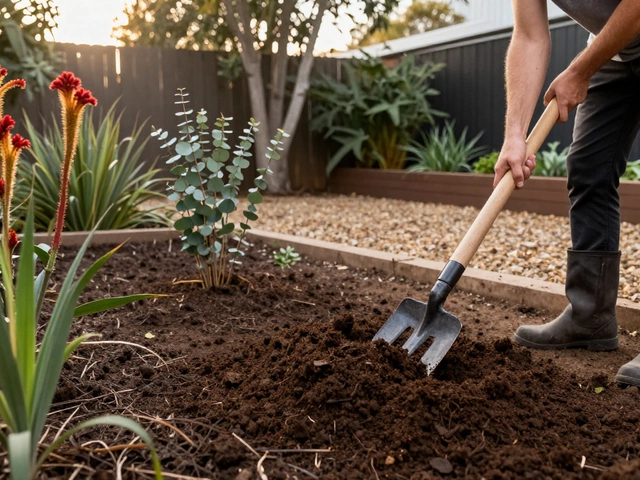Mind Healing: Practical Ways to Boost Your Mental Health
Feeling stuck, anxious, or just plain tired? Your mind needs a little TLC, just like your skin or your car. The good news is you don’t need a fancy therapist or a pricey retreat to start healing. Small, everyday actions can shift how you think, feel, and handle stress.
Quick Daily Habits for a Calm Mind
First, try a 2‑minute breathing break. Sit up straight, close your eyes, and breathe in for four counts, hold for four, then out for four. Do this three times and notice how the tension eases. It’s faster than scrolling your phone and actually works.
Second, keep a tiny “wins” notebook. Jot down three good things that happened each day – a tasty lunch, a kind word, a finished task. Seeing positives on paper rewires the brain to focus on what’s going right instead of what’s wrong.
Third, declutter one mental space. Pick a single thought that keeps looping – maybe a to‑do list or a worry – and write it down. Then put the paper away. Offloading that item frees up mental room for better ideas.
Lastly, move a little. A short walk, a few stretches, or even dancing around the kitchen gets blood to the brain and releases mood‑lifting chemicals. You don’t need a gym; just get the body moving.
Long‑Term Strategies to Strengthen Emotional Resilience
For lasting mind healing, build habits that stick. The "Rule of Three" is a simple framework: choose three core values, three weekly goals, and three self‑care activities. Keeping everything in groups of three makes it easier to remember and less overwhelming.
Practice gratitude regularly. Instead of a vague "I’m grateful," be specific: "I’m grateful for the fresh coffee this morning because it gave me energy for my project." Specific gratitude creates stronger neural pathways linked to happiness.
Set boundaries around digital time. Turn off notifications after work and pick a fixed hour for scrolling. Constant alerts keep the brain in fight‑or‑flight mode, which wears you down over weeks.
Finally, nurture social ties. Schedule a coffee chat, a video call, or a simple text check‑in with a friend each week. Human connection is one of the most powerful mind healers – it lowers cortisol and boosts oxytocin, the feel‑good hormone.
Remember, mind healing isn’t a one‑time fix. It’s a collection of tiny choices that add up. Start with one of the quick habits above, add a long‑term practice when you feel ready, and watch how your mental landscape shifts over days and weeks. Your mind deserves the same care you give the rest of your life – give it a little, see big results.
In today's fast-paced world, taking care of our mental health has never been more crucial. Discover practical steps to heal your mind, reduce stress, and improve overall happiness. This guide offers easy-to-follow tips to boost your mental resilience and cope with everyday challenges. Whether it's through mindfulness, connecting with nature, or fostering relationships, find what works best for you. Learn how small changes can lead to significant improvements in your mental wellbeing.






